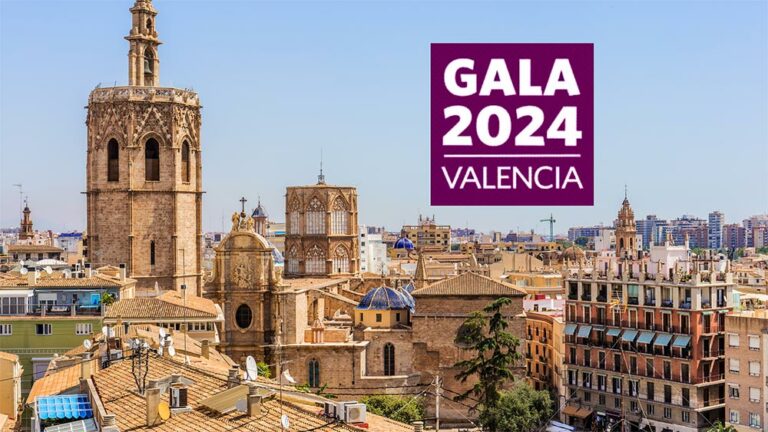THG Fluenty CEO: Post-deal integration is vital to M&A success
One of the questions that we at Lion People Global often get from LSPs is what exit options are available once I have grown my company.
This question typically comes from companies below $10mn because the companies that are above that, are already owned by an investor.
So for smaller LSPs who are looking for a buyer, the typical answer is… a larger LSP.
But there is another class of potential buyer that many LSPs may not have considered, and that is a larger company that is not an LSP, but one that could utilise the added value that an LSP can offer.
That could be a large BPO-type company, a large e-commerce retailer, or a large media company. These companies can not only avail of those services, but can also accelerate their own growth by the acquisition of an LSP.
As with all M&A, it is important for all parties concerned that the process of integration is handled correctly, and this is especially true when two companies are from different industries – like a large e-commerce retailer acquiring an LSP.
CEO of THG Fluently, Quentin Naylor, oversaw the acquisition of an LSP while working as People Director at The Hut Group.
The Hut Group (THG), is a British e-commerce retailer company that operates over 100 international websites.
THG acquired LSP Fluently in 2018, establishing THG Fluently.
During this acquisition, Quentin learned valuable lessons about how to effectively integrate diverse teams into a much larger organisation.
“Internal processes that make sense across a business of 10,000 people just don’t make sense in a Language Service Provider,” Quentin says.
“Integration of process is important because if you start to mess with the process to the point where it makes sense to us, but it doesn’t make sense to the project managers or doesn’t make sense to the linguists, then you start to erode goodwill, and if you do that then the relationship gets fractured and it creates friction.
“And friction reduces your momentum as a business, and businesses need to be building momentum all the time.
Once a merger or acquisition has taken place, Quentin suggests that companies undertake a period of discovery to maximise the synergies that exist between both parties.
“I think lots of deals are predicated on certain synergies being achieved, but the actual achievement of those synergies might not be apparent or relevant until you cross that line in the post-deal phase,” Quentin says.
“What you receive pre-deal is probably only about 50% of the truth. And that’s not saying anyone is being dishonest. What it’s saying is that that’s all that gets disclosed, because you can’t disclose much more beyond that.
“So there has to be a period of discovery post-deal where you work out the best way to go to refine your plan to realise those synergies.”
If you want to know more about this area, visit Lion People Global’s website where you can watch back our M&A Talks series of videos and fill out a questionnaire that entitles you to one hour’s free consultation on getting a LSP or language tech business ready for sale.






